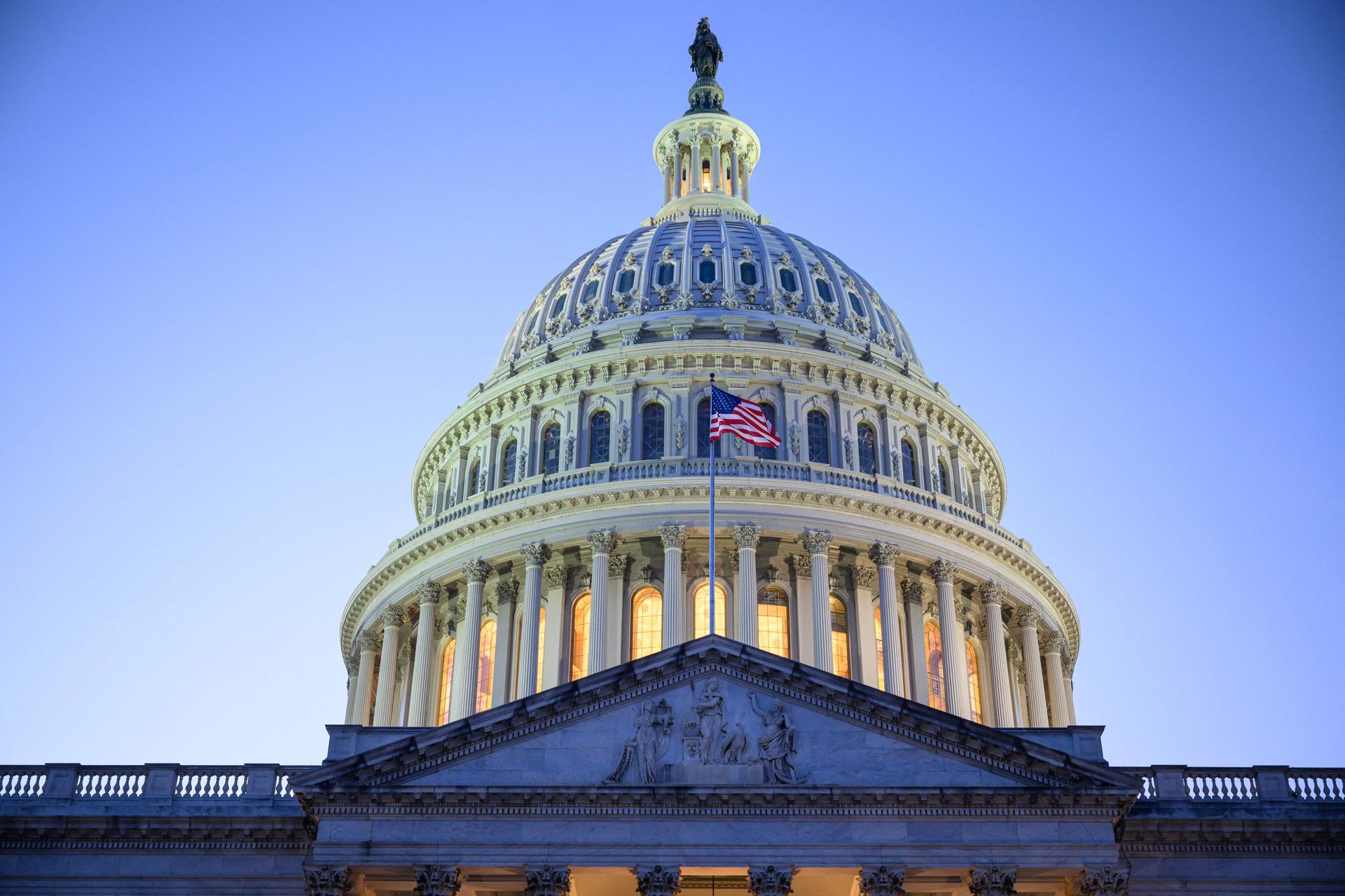
Democrats aim to prevent arms sales to the UAE, while Trump reveals new agreements
Republican President Donald Trump announced $200 billion in new deals with the Gulf State on Thursday, the same day U.S. congressional Democrats attempted to stop military sales to the United Arab Emirates because to the country’s alleged participation in the civil war in Sudan and concerns about its ties to cryptocurrency.
Three arms sales to the United Arab Emirates would be stopped by resolutions of disapproval presented in the Senate by Democrats Chris Murphy, Chris Van Hollen, Brian Schatz, Tim Kaine, and Bernie Sanders, an independent who caucuses with Democrats.
In the House of Representatives, resolutions of disapproval were introduced by Sara Jacobs, the lead Democrat on the panel’s Africa subcommittee, and Gregory Meeks, the top Democrat on the Foreign Affairs Committee.
The senators mentioned the concerns expressed regarding Abu Dhabi’s arming of paramilitary Rapid Support Forces (RSF) in the civil war in Sudan. The UAE has always refuted these accusations.
In addition, they referenced the declaration made by MGX, an Emirati-backed investment business, that it will use a stablecoin introduced by Trump’s World Liberty Financial cryptocurrency venture for its $2 billion investment in Binance.
A “meme coin” that was introduced in January is one of several cryptocurrency-related endeavors by the Trump family that have come under fire from political rivals and government ethics experts for possible conflicts of interest.
Murphy stated his intention to compel a full Senate discussion on what he called “nuclear grade corruption.”
According to the House members, Meeks had resisted such deals because of his worries over the Sudanese crisis, but the Trump administration had chosen to proceed with the UAE sales.
“The Trump administration’s end-run around Congress is irresponsible and will further embolden the UAE to violate the UN’s Darfur arms embargo and continue its support for the RSF and the killing of innocent civilians,” Meeks and Jacobs said in a press release.
TRUMP AIMS FOR CLEARER LINKS WITH THE UAE
Requests for reaction from the White House and the UAE embassy in Washington were not immediately answered. Though the UAE has denied arming the RSF, the Gulf state has long been seen as an essential security ally by both Republican and Democratic U.S. administrations.
As he made the announcements, Trump promised to deepen U.S. relations with the Gulf State. “I have absolutely no doubt that the relationship will only get bigger and better,” he stated at a meeting with Sheikh Mohamed bin Zayed Al Nahyan, the president of the United Arab Emirates.
U.S. law permits Senate members to force votes on resolutions of disapproval that would prohibit such sales and mandates that Congress scrutinize significant arms deals. To take effect, resolutions must be approved by both houses of Congress and perhaps override a veto from the president, even though the legislation prohibits House members from forcing vote.
No block has ever been successful and vetoed.
$150 million for Apache, Black Hawk, and Chinook aircraft parts, logistics, and support; $130 million for F-16 aircraft components and accessories; and a $1.32 billion sale of helicopters and equipment were among the sales that the resolutions sought to achieve.
All Categories
Recent Posts
Tags
+13162306000
zoneyetu@yahoo.com



